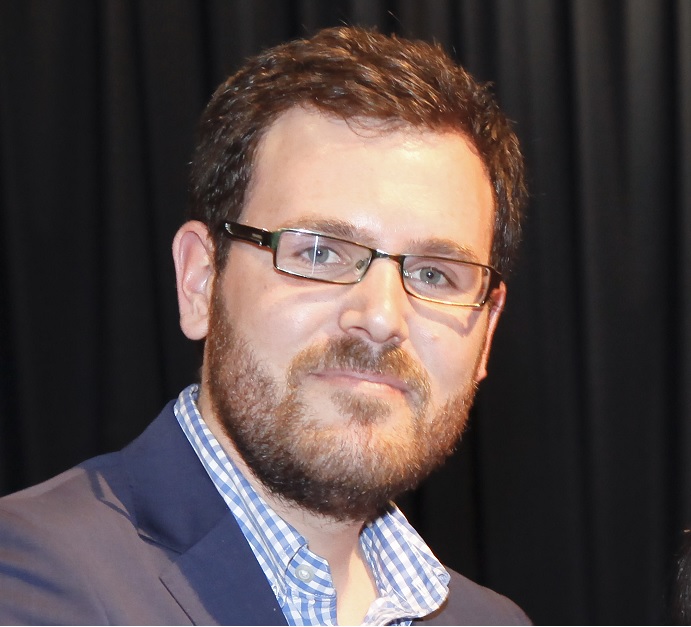
PROJECT SUMMARY:
Traumatic brain injury (TBI) remains one of the leading causes of death, disability, and hospitalization worldwide. TBI has a significant burden of disease within Australia, with TBI-related costs estimated to total $8.6 billion, annually. These costs include rehabilitation services, loss of productivity, and requirements for long-term care.
Moderate and severe TBI accounts for 30% of injuries, often resulting in ongoing adverse cognitive, behavioural and psychiatric outcomes. Following their injury, these individuals initially experience a transient period of post traumatic amnesia (PTA).
This period is characterised by an inability to form new memories, but also includes confusion and disorientation. Importantly, the length of time individuals remain in PTA, which may last from minutes to months, has emerged as one of the strongest predictors of the severity of injury as well as long-term functional outcome.
Although PTA is used worldwide for diagnosis and prognosis following TBI, the guidelines regarding the management and expectations of individuals within this period are largely based on clinical experience. Systematic research studies are lacking that detail the cognitive or neuropsychological impairments presented during period. There has been no explicit investigation of the mechanisms responsible for initial memory disturbance or the mechanisms responsible for the resumption of normal memory processes following TBI.
Treatments during PTA comprise only essential monitoring of depth of PTA, physiotherapy, and speech therapy input regarding feeding and swallowing. The viability of other behavioural, occupational, or cognitive interventions in this period is limited as it is not known to what extent patients can process and remember new information. In this project, we propose a world-first study to add critical information through a novel prospective fMRI investigation of individuals in PTA and their recovery of function following this period.



 The Brain Foundation is the largest, independent funder of brain and spinal injury research in Australia. We believe research is the pathway to recovery.
The Brain Foundation is the largest, independent funder of brain and spinal injury research in Australia. We believe research is the pathway to recovery.